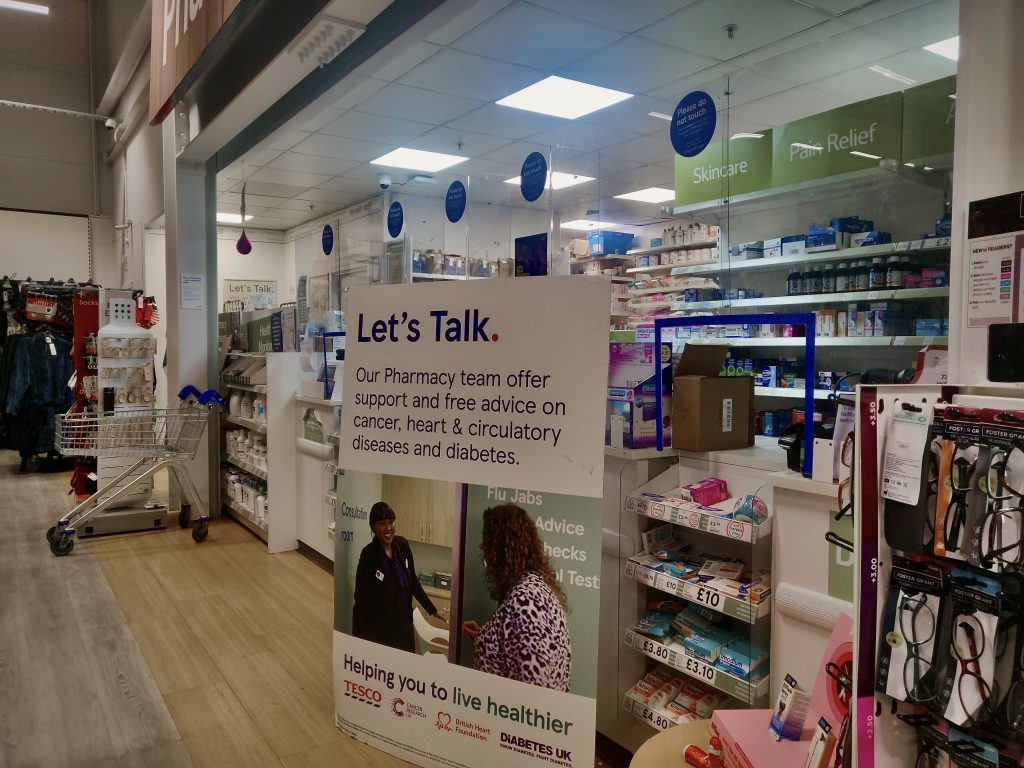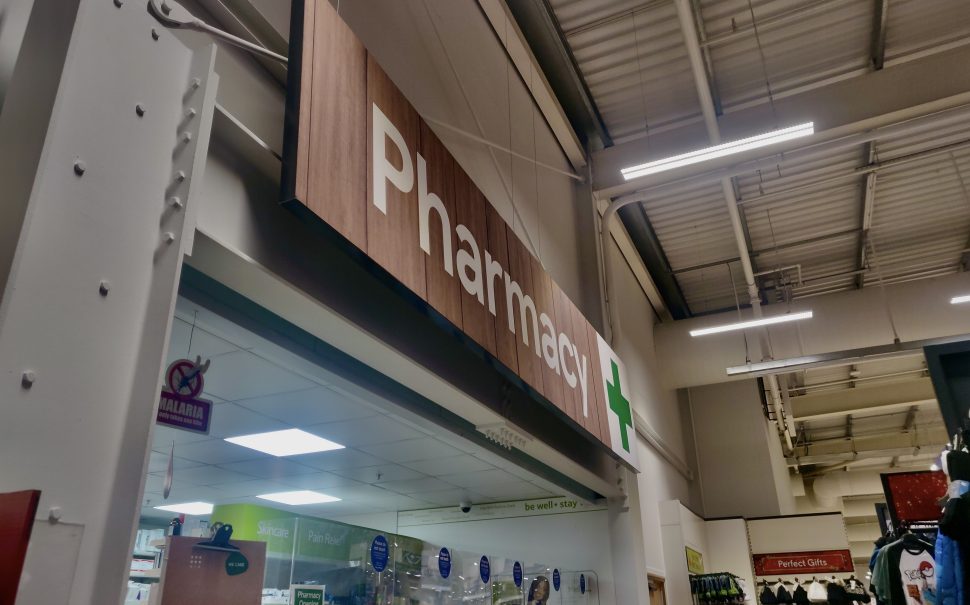The Manchester Partnership Board (MPB) had set up pop-up vaccine centres across the city to administer Covid and Flu vaccines to demographics which weren’t likely to take them.
In association with NHS trusts, the MPB had 43 such centres across the city which in total administered 2,548 before Christmas.
The locations for the centres were determined by looking at General Practice (GP) data, which showed that people of Pakistani, Bangladeshi, Black Caribbean and Indian ethnicity were not taking flu and Covid-19 vaccines.
At the announcement of the scheme Joanne Roney, chief executive of Manchester City Council, said: “We have always known why we need to do this.”
The centres were staffed by GP and pharmacy staff with a focus on giving people the Covid-19 vaccines.
NHS trusts were the only ones allowed to administer the flu vaccines, therefore, the pop-up centres only occasionally could offer flu vaccines.
On occasions, the centres would also invite individuals from the neighbourhood to give them the Measles, Mumps and Rubella (MMR) vaccines.

John Smith, one of the officers at the MPB, said: “We identified places to go and what diseases people are most susceptible to.
“Then it was just a matter of public health, and how important that is to us.”
The scheme began on September 30, at Longsight Medical Centre, where they administered 83 vaccines.
In October, the scheme gained more traction – setting up 20 centres across various points in the city.
A total of 1,115 vaccines were administered through this month, making it the scheme’s most successful month.
Mr Smith added: “October is generally the best time to take the vaccines because it is just before the winter properly hits.
“That’s why we set up the most number of centres and administrated the most vaccines in that month.”
The data shows 10.6% of all vaccinations were carried out on October 14 at the Northenden Group Practice and Wythenshawe Park Medical.
Wythenshawe meanwhile executed the most number of vaccinations of any neighbourhood in Manchester.
Across seven centres in Wythenshawe, there were 405 vaccines administered.
It was followed by Northenden, Openshaw and Fallowfield in terms of most number of vaccinations.
Burnage also ranked highly in this category, where two pop-up centres were set up in the Tesco Superstore.
These vaccines were administered by pharmacists, and patients were allowed to walk in without appointments to get the vaccination.
Jamal Khan, a vaccinator, said: “It is great what we are doing here. The council knew that certain demographics do not take vaccines, hence instead of asking them to come to the NHS decisions were made to go to them.
“Overall public health wins in this scenario.”
Across Manchester 21 neighbourhoods were identified by the MPB to contain people who were not taking vaccinations.
The partnership carried out routine neighbourhood work with the Manchester Local Care Organisation Integrated Neighbourhood Teams, who also sit on the MPB, and used their knowledge and experience of the local populations to select which specific areas to target.
Within these, 43 centres were set up, dotted on every corner of the neighbourhood.
Manchester City Council leader and the head of the MPB Bev Craig encouraged as much scrutiny as possible to ensure that going forward this scheme performed even better.
She said: “We need to create a system that is better than other things, but this is really a system that can help others.”
There is hope from council and board members that the success and the high intake of this scheme mean that they will continue it next winter.




